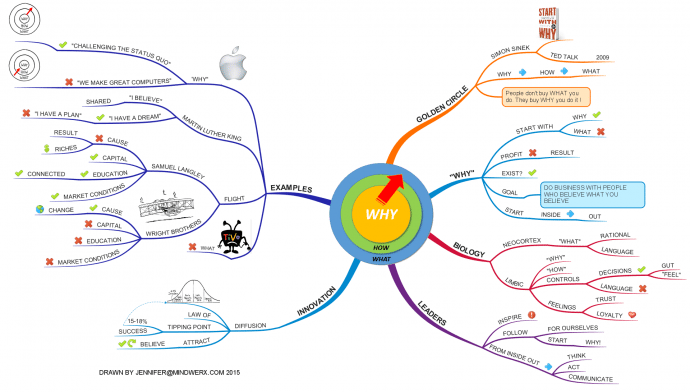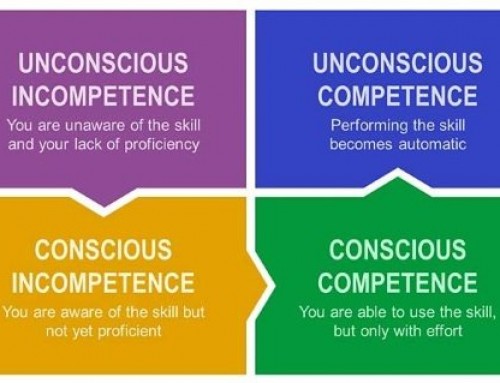- Disruptive technologies
- Changing government policy
- New market or business trends
- Increasing competition from unexpected sources
- Staff turnover or disengagement
These are some of the reasons recent clients have cited for focusing on the need to be more innovative, and for rethinking their strategies.
In the past year or so I have been facilitating strategic thinking with the boards of an art gallery, a community health centre, and an aged care village, as well as well a senior team at a large defence contractor, the executives of a city council, and a specialist team at an international logistics company.
This has involved Fore-sight discussions to look into future, Imagineering activities to explore how they might embrace change better, as well as an review of how to make innovation happen and ensure business continuity and growth.
Not unexpectedly discussions start with the purpose and mission of the organisation. What I’m seeing is that many companies do not have a clearly defined purpose that truly resonates with its customers or people.
Purpose or mission statements like:
- ‘to become the largest most successful provider of______ in our region’
- ‘to increase stakeholder value’
- ‘to provide products and services that exceed customer expectations and sustain our growth into the future’,
and other similar statements that feature in company strategic plans offer nothing to inspire anyone to become loyal advocates and passionately committed employees.
The problem is these sorts of statement do not touch on ‘why’ the organization exists, what its cause and passion is. They don’t inspire staff to jump out of bed to get to work, and they don’t attract and keep customers to the business.
Research from Harvard and other sources tells us that less than 30% of people are engaged in the ‘purpose’ of the organization.
So developing a purpose that expresses the true ‘why’ of the organization is vital to success.
In his classic TED Talk Simon Sinek describes this well when he discusses The Golden Circle.
“How Great leaders inspire Action: TED 2009
“How Great leaders inspire Action: TED 2009
If you haven’t viewed this, do so now and then reflect on what you might need to do to fully engage your people in the purpose of the organization, and turn customers and other stakeholders into passionate advocates for you.
In his talk, Sinek uses the examples of Apple, The Wright Brothers and Martin Luther KIng, but every organisation needs to understand their why.
Consider these examples.
With the aged care board I worked with, they started the retreat with a mission ‘to be the most successful aged care provider in our region by providing high quality care to our residents.’
After some work on what they really did, the purpose became ‘to support ageing members of our community so they transition through old age with dignity, love, and respect’.
Imagine how this change in their ‘why’ shifted the way everyone involved with the organization thought about what they did, and how they did it. This was a purpose or mission everyone wants to get up in the morning for.
The art gallery’s initial mission was ‘to deliver world class visual arts exhibitions featuring local artists, and enhance the reputation and success of the gallery’.
A short facilitated session changed this ‘to introduce people across our community to the adventure and joy of the visual arts, particularly the unique and wonderful work of our local artists’. Again imagine how this changes the way the gallery might we perceived and supported.
Understanding and being able to communicate the ‘why’ of your organization in ways that resonate with your people, customers, stakeholders, and the broader community inspires everyone, and is a vital step in creating a culture that is opportunity seeking and ready to make innovation happen.
The team at Mindwerx has been facilitating with Boards and Executive teams since 1991, in all types of organizations, big and small, to help them think more strategically, and to be future focused to enhance business continuity and growth.
See our range of Facilitated Solutions, and email me direct at Bill@mindwerx.com to organise a conversation. Thanks
Bill Jarrard
Co-founder Mindwerx International








Leave A Comment
You must be logged in to post a comment.